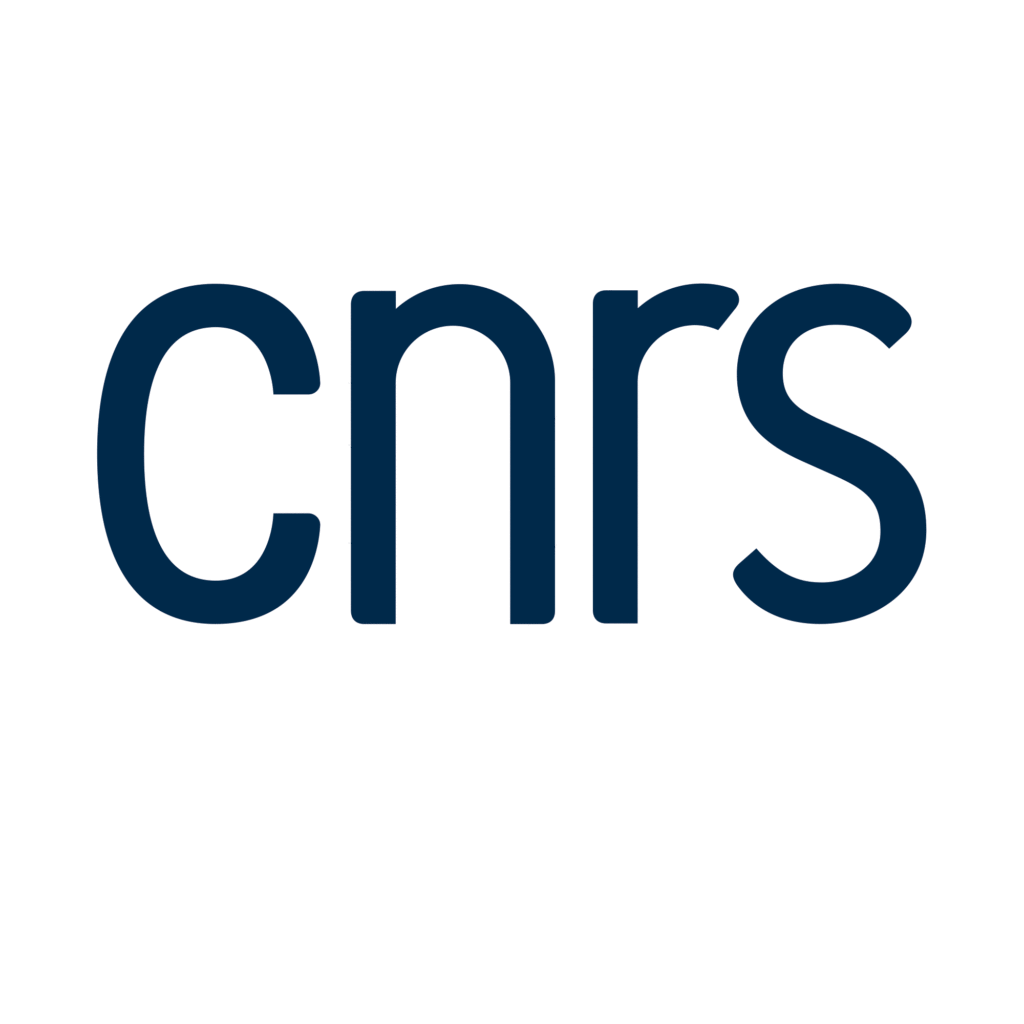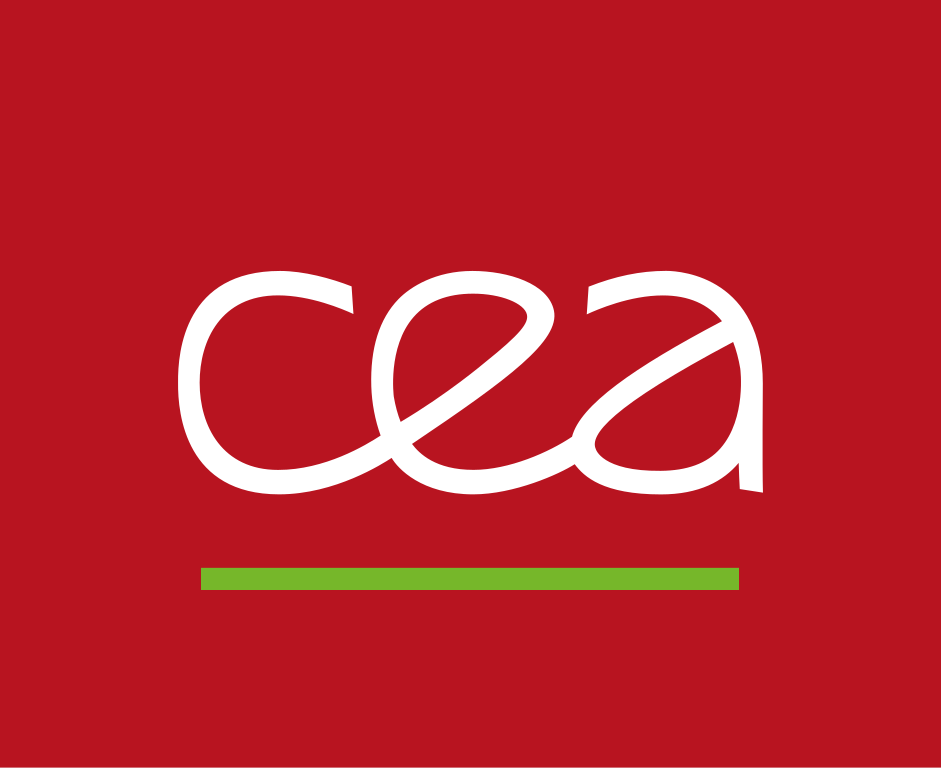![]()
The Institute for Radiological Protection and Nuclear Safety (IRSN), created by the AFSSE law (French Agency for Environmental Health and Safety) , then by the decree n°2002-254 of February 22, 2002, is a public establishment of an industrial and commercial nature (EPIC), under the joint authority of the Ministers of Defense, the Environment, Industry, Research and Health. »
It groups together more than 1 500 experts and researchers from the Institut de protection et de sûreté nucléaire (IPSN) (Institute for Nuclear Protection and Safety) and the Office de protection contre les rayonnements ionisants (OPRI) (Office for Protection against Ionizing Rays), and persons with expertise in nuclear safety and radioprotection as well as in the field of the control of nuclear and sensitive materials.
**Expertise and Research
The IRSN carries out research, analysis and work within the fields of nuclear safety, protection against Ionizing rays, the control and protection of nuclear materials and protection against acts of malevolence.
Creation of the IRSN is similar to that of agencies for health and safety. Like them, the IRSN will play an active role in providing information to the public within its fields of expertise : nuclear and radiological risks.
**Separate Control and Analysis
The IRSN will not exert any authority of control. For greater transparency, the government has decided to separate the technical analysis from the function of authority of control (authorizations and decisions of a regulatory nature).
**Fields of Activity
The IRSN field of expertise covers all of the risks related to ionising rays used within industry or medicine, or even natural radiation rays. More precisely, the IRSN will carry out missions relating to analysis and research in the following fields:
- the safety of nuclear installations, including those relating to defense
- the safety of the transport of radioactive and fissile materials
- the protection of man and the environment against ionizing rays
- the protection and control of nuclear materials and products likely to be used in the manufacture of weapons
- the protection of installations and transport against acts of malevolence (theft or misappropriation of nuclear materials, or even sabotage).
The research activities, most often carried out within the framework of international programs, will enable the IRSN to maintain and to develop its expertise and to establish its international stature as a specialist in the risks within its fields of expertise.
**Budget
The IRSN budget is approximately € 250 million, including tax. Government subsidies account for € 210 million and outside revenues from contracts with other organizations, especially international bodies, represent € 40 million.



